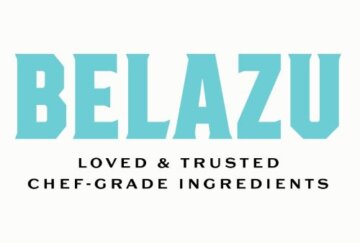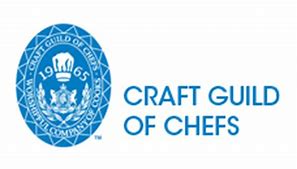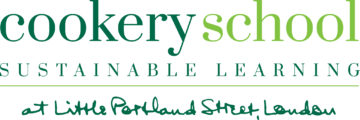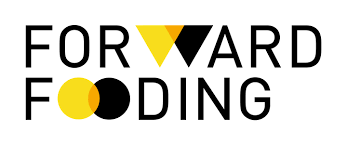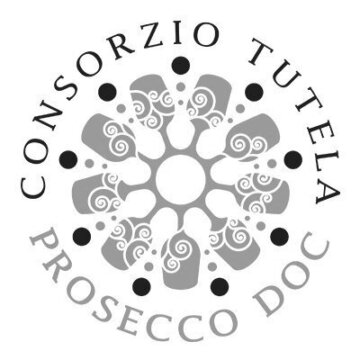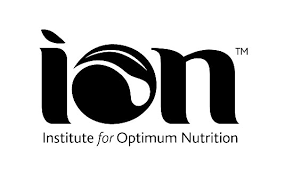02/09/2019
Female Food Founders – Interview with Food Mentor Karen Green
Continuing our series of Female Food Founders interviews we’re about to approach a number of exhibitions and trade shows which support food businesses, so we chatted to Karen Green who is speaking at some of these shows. As well as being the author of Recipe for Success, about how to run a successful food business, Karen is the founder of Food Mentor which she set up to help growing food companies overcome commercial challenges. Our co-founder, Mecca Ibrahim, spoke to Karen for her thoughts on common challenges facing the budding food industries today & how the industry is changing.
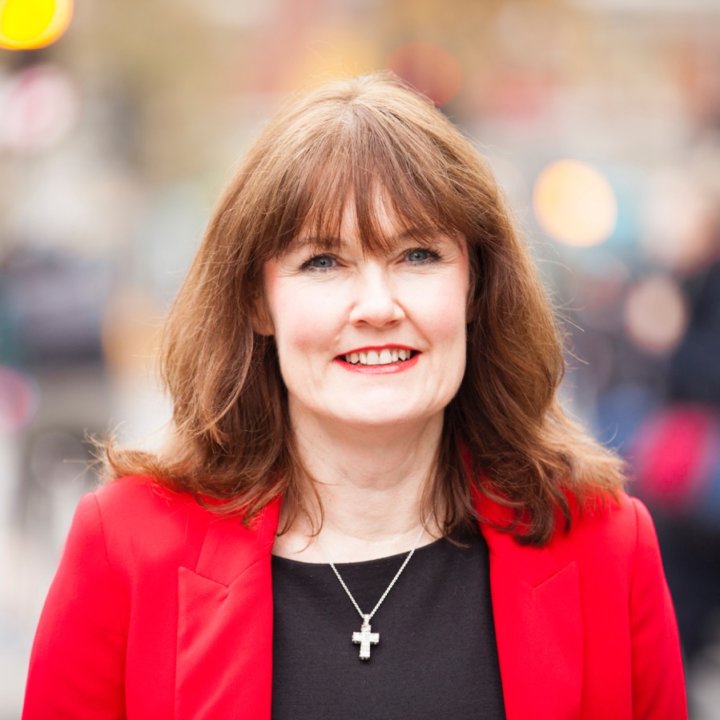
How did your food career start?
I’ve always been interested in food, my mother was a good cook and introduced us to a number of foods at an early age which we now take for granted. When I went to university I had this great book called Cooking in a Bedsitter by Katherine Whitehorn which was all about how to cook on one ring. The parallel to food in my life is retail as my Dad was a director of a department store in Newbury. I took a lot of modules in university in retail & buyer behaviour and started my food career as a graduate trainee at Tesco. I was a buyer there for a couple of years. I then moved into a classic brand manager role for a subsidiary of Boots and worked on Complan.
But I missed the breadth of buying so moved across to Boots retail and back in buying on a number of healthcare products. I worked for Boots for 14 years and then took voluntary redundancy. I then crossed the table to come back into food. I worked for a number of businesses when I became Commercial Director at Ichiban and we supplied sushi to Tesco and Boots. I’d always planned to move to France when my daughter went to University and this was when I formed Food Mentor. In my later years at Ichiban I had been mentoring on a voluntary basis, for The Princes Trust and also delivered some of their sales and marketing training which I really enjoyed and thought this could be the basis for a new business for me.
How is your work split between mentoring and workshops?
I wanted to support start up businesses and give them the skills that I didn’t have. I work with six to ten clients at any one time. But I also deliver workshops. I speak at a lot of food events too – Bread and Jam, IFE and Speciality & Fine Food Fair.
What are some of the most common issues that face start ups in the food industry?
The main one is probably no different to any other start up, in that you have to do everything yourself at the beginning. We are all good at something, but there are all things we are not good at too. If you can acknowledge that early on and say, “I am willing to buy in the things that I am not good at one way or another”, it’s much more liberating.
If you are launching a food product you do need a lot of funds. You can start with £500 and there are businesses that have done that but with the majority, when you add it all up, there’s probably about £20,000 worth of investment by the time you’ve done everything including the opportunity costs of your own time. It’s a costly activity and a lot of start ups make the mistake of trying to do everything themselves. If you don’t take everything on board yourself, you get to be able to shorten learning curves and potentially not spend as much.
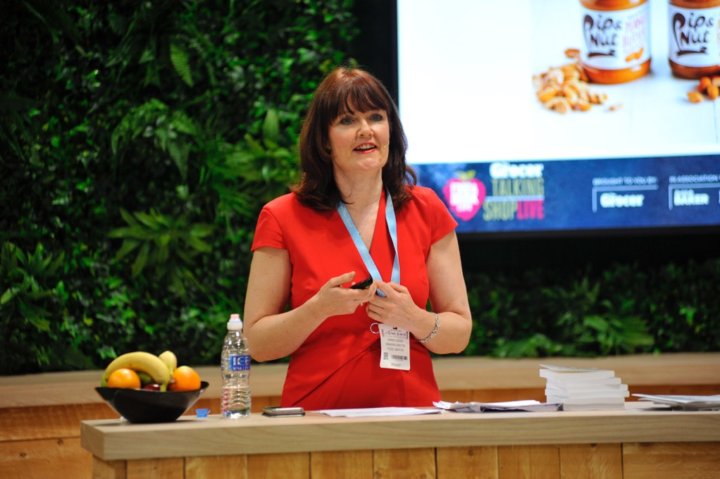
What are some of the biggest changes you have seen in the food industry since you began your career?
The biggest change is the demises of the high street, in terms of how life was when I grew up , many small bakers, greengrocers and butchers have all gone. We then had the move to small convenience stores which sell everything, now there’s the likes of LIDL and ALDI who are kind of fulfiling that smaller, convenience store shopping experience but at a much larger scale.
We have seen the growth of a number of food businesses which start online and a number of them remain online. Do you feel it’s possible to have a food business that is totally online?
It very much depends on the product. If you are selling supplements, protein powders and items like that you can remain online. But with fresh and frozen foods you get a huge challenges with distribution of chilled and non ambient foods.
Also I always liken the food industry with The X Factor. There are a number of people who say all I ever wanted to do was be in food, it’s my dream. Every year there will be a number of a food businesses that reach that X Factor pinnacle of huge sales – eg Grenade, Pip and Nut. You may have to sell in hundreds products online where the customer pays for postage, but if you were to get wider distribution through a supermarket, taking into account the lower margins you make, you may have to sell tens of thousands to make the same amount of money.
So if you want to reach that X Factor pinnacle of selling your business for millions, you really need to be in retail shops to get that impulse buyer which doesn’t happen in the same way with food online. Take Graze for example. They had a very successful business online but it’s a lot more successful now that their products are available in supermarkets.

In your book Recipe for Success, you have a number of case studies about successful food business, but also failures. Why did you feel it was important to talk about failures?
We learn from failure, because it teaches us more impactful lessons. If you can take lessons from why people failed it’s more honest too. In this social media age, we only post good stuff and it’s good for people to know that not everyone is having the perfect business life. Especially with things like working with retailers. I have this course called Pitch Perfect. about moving your product to larger retail outlets. Things will not always go well in reality and it’s helpful and re-assuring to learn from this. Having said that I do have more success stories as we obviously learn from that too.
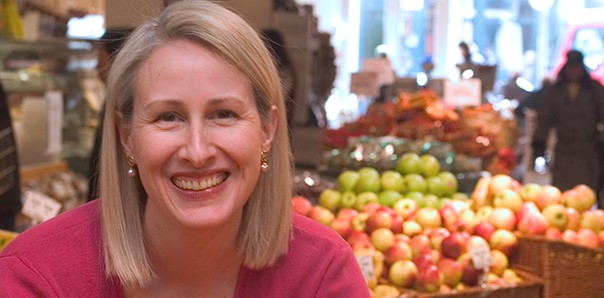
Who are some of the characters or people in the food world that have most inspired you?
When I started working at Tesco one of the most of important things that their former CEO Terry Leahy taught was the importance of location. He always said location, location, location. Tesco has the most stores and the most outlets and took Tesco from number two to number one. He’s been criticised by Lord MacLaurin for creating a monster, but you can’t deny his influence. The other person I would say is Renee Elliott who wanted to change the retail world by defining how she wanted to do it. So you have Terry with the giant of Tesco and this enormous corporate retail environment on the one hand with Planet Organic on the other, which is also hugely successful. Renee overcame so many challenges about getting organic products into the mainstream, and she’s created something remarkable with that. She’s created a business where small is beautiful. There’s a great book called The Company of One – Why Staying Small is the next Big thing for Business which is an interesting read.

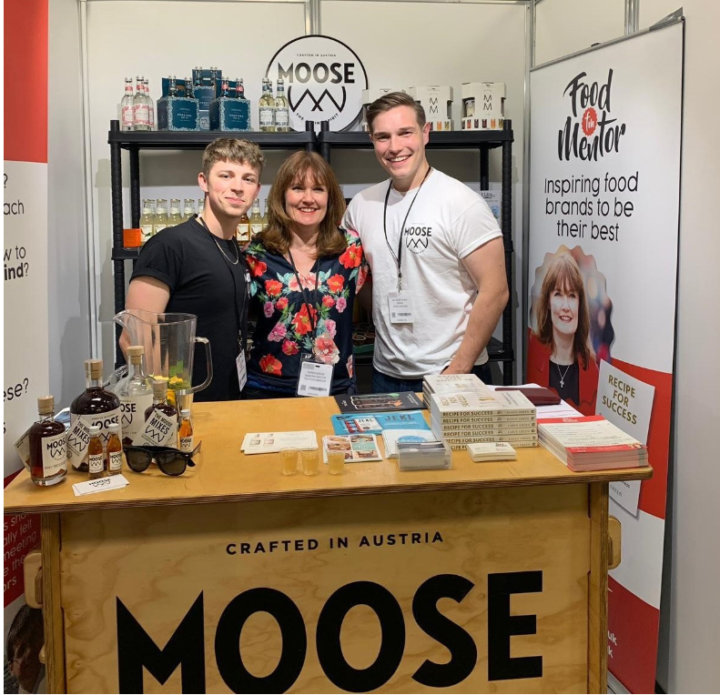
If someone was going to pitch a food business to you now, with your buying head on, what would you look for?
This is a little plug for Pitch Live at Speciality and Fine Food Fair. Three companies a day at the show can pitch their products at the event. The main thing I look for is commercial viability. There’s two key parts to this. Firstly is there a big enough market place? The majority of potential clients who come to me now will say something like “I have found a niche”. Let’s say it’s a plant based, organic, gluten free chocolate. But is the niche that you have created big enough to create a viable business? Also how much will it cost you to create that product, so it will still make enough money for you? As the minute you put organic into the mix it will make it much more expensive to produce. You also need to look at whether there is a unique enough intellectual property on what you are doing so it’s less of a “me too” product.
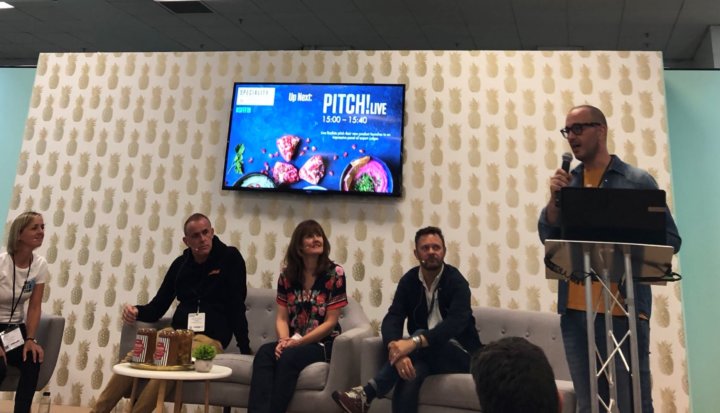
You are on a desert island what’s the one ingredient you can’t live without and the one dish type could you live on forever ?
Olive oil serves so many purposes, it’s good for you, you can fry with it, you can put it on your skin, so that would be my one ingredient.
I travel quite a bit and eat a lot of different foods. But after a few days of eating a number of exotic foods, I crave pizza. Specially here in France pizza here is quite thin and I think is quite good for you.
What are some of the advantages (if any) of being a women in the food industry?
I am not convinced there are a lot of advantages of being a woman. I personally haven’t been disadvantaged. But there is the advantage of the support from women. I feel that women may be more likely to reach out for help and therefore get it. There are a number of challenges in getting funding as a woman, I have seen that some investors treat women in food as though it’s a hobby for them and not a business. It’s also also hard when you have children. Work life balance becomes much harder then.

Finally, what’s the biggest piece of advice you could give to someone starting out, or putting it a different way, what do you know now that you wish someone had told you when you were first starting out?
Don’t make the false economy of trying to do everything yourself. And although this is a bit of a shameless plug, try to find a business mentor to help you. It will shorten your knowledge curve and help to save you money. You don’t want to develop a product and waste money on something that’s not going to sell. There are a number of business mentor schemes if you are under 30 too. Surround yourself with people who can give you good advice and don’t underestimate the power of delegation.
You can find out more about Karen Green on her website and follow her on Twitter @KG_FoodMentor or Instagram @Foodmentor here.
Look out for more interviews with female founders of food businesses in the coming weeks. In the meantime you can read our interview with Anishya Kumar the founder of Zinda Foods & the AirWrap, our interview with Juliet Barrett co-founder of Grenade, our interview with Tanya Robertson-Lambert, founder of The Saucy Affair, our interview with Cecily Mills founder of Coconuts Organic ice cream;our interview with Renee Elliott founder of Planet Organic; our interview with Jane Woodhead co-founder of Speakeasy Ice Cream ; our interview with Kim Havelaar founder of Roqberry Tea ; interview with Gemma Colao MD and Co-founder of OTO CBD ; interview with Catherine Farinha founder of The Chefs’ Forum and Sonia Mason founder of Slightly Different Foods.


